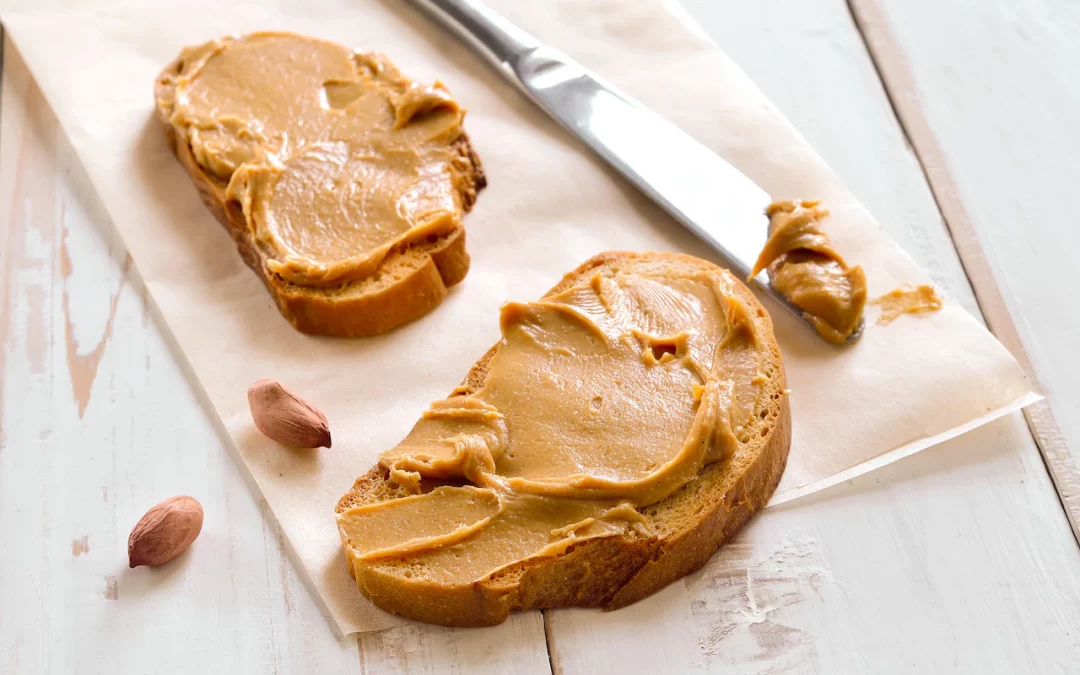The truth is most foods undergo some form of processing. There are many different types of food processing such a fermenting, grinding, dehydrating, canning and pickling. These processes can often improve the safety of foods (by eliminating micro-organisms and pathogens), increase their shelf life, offer nutritional value as well as convenience. For example, milk is pasteurised (otherwise it’s unsafe for consumption), yoghurt is made using live cultures and additives are added to bread and cereals to improve their nutritional value and shelf life.
Some great examples of processed foods that are beneficial include canned beans, fibre fortified breads and cereals, canned tuna/salmon, peanut/nut butters and yoghurts. The addition of iodine, vitamins and minerals in bread has vastly reduced the rate of associated nutritional deficiencies in the Australian population. In addition, the canning of beans, tuna and salmon has not only preserved their nutritional content but has also extended their shelf life drastically.
However, some food processing can alter the nutritional profile of certain foods and can result in the addition of additives, sodium, sugars and trans fats (the bad kind of fats!). The process of milling, for example, can strip some grains of their fibre which is often what we see in some white bread options. The addition of certain additives, thickeners and sweeteners can be beneficial in improving food palatability and extending the shelf life of foods however large quantities can have an impact on our gut microbiome.
In saying this, processed foods are not always as bad as people make them out to be and as mentioned above some provide an array of benefits to our food system. The point is not to demonize particular foods but to ensure you are consuming them in moderation and maintaining a well-balanced diet overall!

